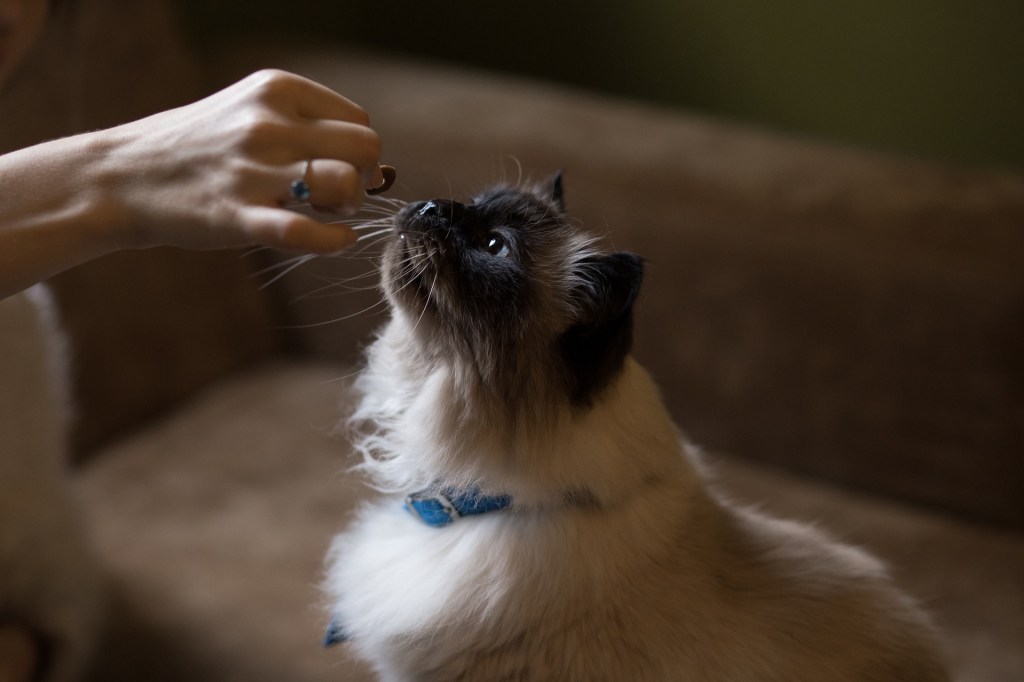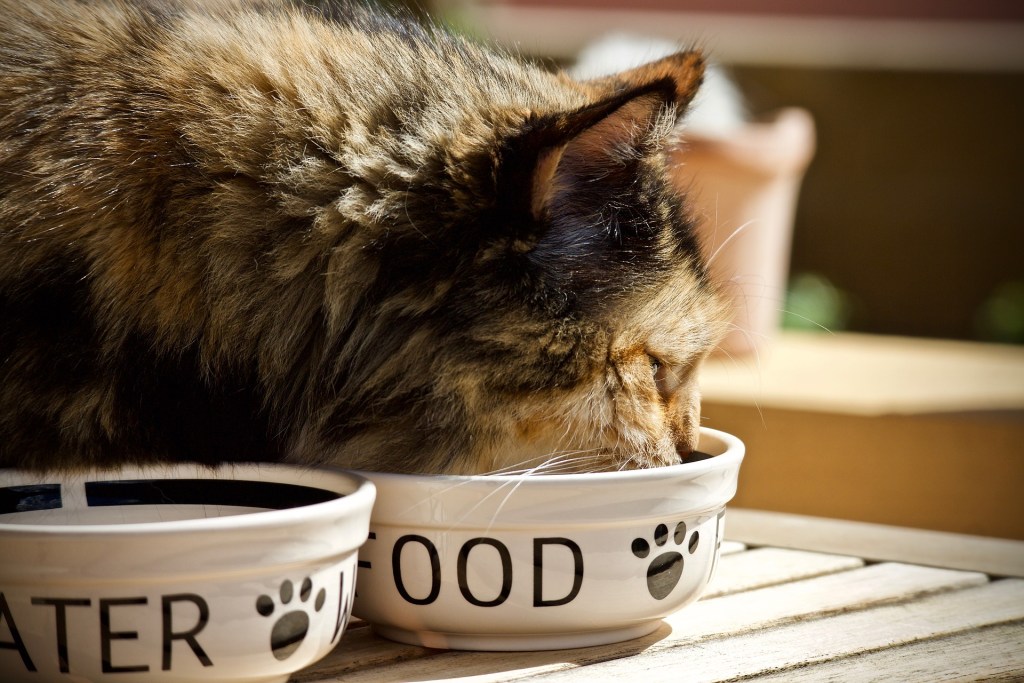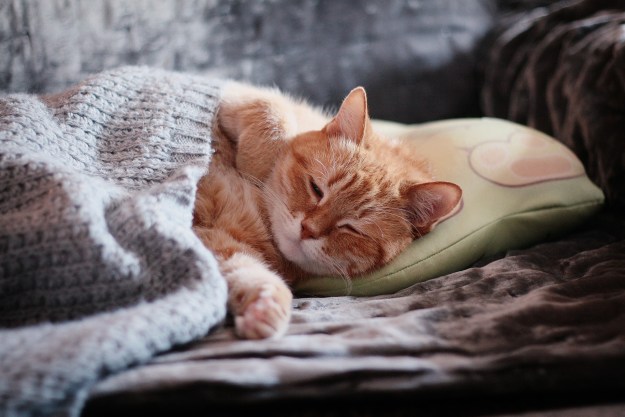Cats are known for being pretty particular, and that’s also true when it comes to food. Many cats just happen to be picky eaters, and they’ll refuse to eat foods for seemingly no reason. Feeding a picky eater can be frustrating, and you might find yourself throwing away more food than your cat eats. If your cat is a picky eater, there are potentially many ways you can help solve the issue and encourage your cat to eat. You may need to try just one or all of the following tips to get to the bottom of the issue — and get your cat to eat up.
Start with a trip to the vet
If your cat won’t eat, he might be experiencing a health issue that needs attention. This is particularly true if you notice that your cat is losing weight, or if you see other symptoms like lethargy and digestive problems. If your cat is suddenly unusually picky about his food, start with a trip to your vet to make sure there isn’t a physical issue causing that eating change.
Change his food
Some cats just don’t like certain brands or flavors of foods. Changing your cat’s food can help you find something that he likes more.
When you make food changes, it’s important to do so gradually, or you could upset your cat’s stomach. Introduce just a bit of the new food while continuing to feed the old food, too. Then, gradually increase the amount of the new food while reducing the amount of the old food. This process should take at least a week, giving your cat time to adjust to the new food.

Reduce food variety
Changing your cat’s food may help you find some varieties that he likes, but changing the food too often can have the opposite effect. You might find yourself constantly looking for food flavors your cat likes, while he turns up his nose at most of the flavors you’re feeding him.
Instead, try to find a few flavors of food that your cat will eat and then stick to them.
Reduce treats
It may be tempting to give your cat plenty of treats just to get some food into him, but treats aren’t nutritionally balanced, so your cat won’t necessarily get the nutrition he needs out of them. Plus, if your cat fills up on treats, he’ll be even less likely to eat his food, which is where the real nutritional value is.
Reduce or even eliminate treats instead and see whether your cat’s appetite increases.
Change your cat’s food location
Your cat may not be eating because of where his food is located. If the area is a busy space in your home where kids and other pets are often active, your cat might not feel secure eating from his food bowl for longer periods. If your cat has to jump up onto a table or counter to reach his bowl, arthritis or other pain might be making him reluctant to do so.
Try moving your cat’s food to different locations in the home. Look for quiet areas that are easy for your cat to access where he can eat in peace.
Add food toppers
You can add some food toppers and mix-ins to make your cat’s food more appealing. This can be particularly helpful when you’re trying to pique your cat’s interest in food after an illness or surgery. Potential mix-ins include some scrambled egg or cooked chicken. A little tuna juice or fish oil may also get your cat interested in food.
Try a different bowl
Your cat might not like the bowl that you’re feeding him from, and bowls that are too small with high sides can actually cause whisker fatigue. Experiment with different types and sizes of bowls and plates to see if your cat prefers one type over another.

Establish a schedule
Establishing a schedule can help your cat know when to expect food and get him feeling hungry at mealtime. Getting your cat excited about mealtime may help encourage him to eat.
Figuring out why your cat is a picky eater can be a challenge, and you might never find one reason why your cat still leaves meals behind. Ultimately, trying out a combination of these tips could help you get results. Some cats will always be on the pickier side, and you’ll need to carefully choose foods that appeal to your cat. Be sure to always get your vet involved if your cat’s eating habits change, especially if he starts to lose weight. With careful management, though, you can keep even your picky eater happy.
Editors' Recommendations
- Wondering why cats chirp? Fascinating reasons why your cat chirps at birds (and you)
- How to cat-proof your balcony before the unthinkable happens
- There’s a totally normal reason cats throw up after eating grass – here’s why
- Your cat trilling is actually a good thing – here’s why
- This video of a confused kitty discovering a cat water fountain is adorable



